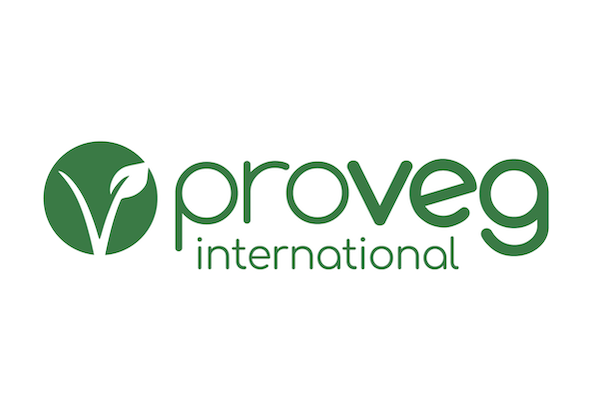
On Wednesday 3 September 2025, ProVeg International announced a €2.2 million project aimed at accelerating the adoption of plant-based food, with a particular focus on developing legume-based products and promoting their use in catering.
According to the organisation, two national offices of ProVeg International will play pivotal roles in deploying the funds and supporting efforts to encourage Europeans to grow, deliver and consume more plant-based food.
The Innovative Strategies to Accelerate Adoption and Consumption of Plant-Based Food (ISAAP) forms part of the EU’s European Institute of Innovation and Technology (EIT) Food Impact Funding Framework. Running from September 2025 until August 2027, the project brings together partners from Portugal, Czechia and Denmark.
Building on Denmark’s National Action Plan for Plant-Based Foods, the project aims to replicate and expand similar strategies across other EU countries in order to promote healthier, more sustainable food systems and to strengthen Europe’s food resilience.
In Portugal, ProVeg Portugal will take a leading role in stakeholder engagement, working with farmer organisations such as the Portuguese farmers’ confederation Confederação dos Agricultores de Portugal (CAP) and CERPRO, a producers’ organisation. Together with the Universidade Católica Portuguesa (UCP), they will also support the development of innovative legume-based products, aiming to build stronger links between agriculture, research and industry.
“Supporting Portuguese farmers to grow more legumes and connecting them with research and industry partners is a cornerstone of this project. Together with CAP, CERPRO and UCP, we aim to strengthen local food systems and show how collaboration can drive real impact,” stated Joana Oliveira, Country Director of ProVeg Portugal.
“ISAAP gives us the chance to contribute to Portugal’s future food strategy while learning from our European partners. By engaging decision-makers and working closely with farmers and researchers, we can create solutions that are sustainable, resilient, enhance food security and are beneficial for everyone,” she added.
In Czechia, ProVeg Czechia will focus on increasing access to plant-based meals within the food service sector. Working with Catering Zdravě and other partners, the team will support the development of new plant-based dishes, share expertise across the catering industry and help to expand the New Food Forum, a key event for sector stakeholders.
“Our work in Czechia is about creating more opportunities for plant-based meals in partnership with caterers, policymakers and innovators. The ISAAP consortium allows us to learn from others, share best practices and together make sustainable food choices more accessible to everyone,” explained Martin Ranninger, Country Co-Director of ProVeg Czechia.
“The transition to a sustainable food system can only succeed if industry, farmers, policymakers and civil society work hand in hand. Through ISAAP, ProVeg Czechia is proud to collaborate with diverse partners to expand plant-based options and support positive change for both people and the planet,” he added.
According to ProVeg International, ISAAP’s strength lies in the diversity of its consortium, which brings together farmers, researchers, caterers, NGOs and associations. The organisation noted that its involvement complements and supports the crucial roles played by partners in developing practical solutions - from cultivating legumes and innovating new products to engaging healthcare professionals and shaping national policies.
“ISAAP represents a joint effort to make plant-based foods more accessible, appealing and sustainable across Europe,” stated Jasmijn de Boo, Global CEO of ProVeg International. “We are proud to collaborate with partners in creating real change that benefits farmers, industry and consumers alike,” she added.
By working together, the ISAAP partners contribute to broader EU objectives, while also aligning with EIT Food’s three missions: building a net zero food system, supporting healthier lives through food and creating a fairer, more resilient food system.








